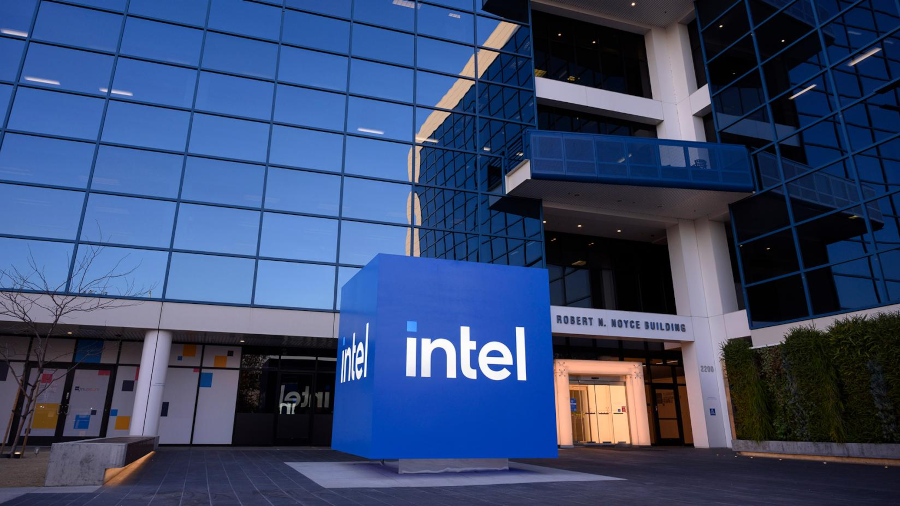 INFRA
INFRA
 INFRA
INFRA
 INFRA
INFRA
Intel Corp. is the leading candidate to receive billions in U.S. government funding to build secure facilities that produce microchips for the military, according to a report from the Wall Street Journal today.
The facilities, which have not yet been disclosed, would be designated as a “secure enclave” to reduce the military’s dependence on chips imported from East Asia, particularly Taiwan, which is at risk of a future invasion from China. The funding for the new facilities would come from the $52.7 billion allocated under the Chips Act, signed into law by President Biden in August 2022.
The Chips Act, which had bipartisan support, promotes chipmaking and scientific research through funding and tax credits. The law is aimed at encouraging domestic manufacturing of semiconductors and helping U.S. companies compete with China in developing cutting-edge technologies.
The new Intel facilities, presuming they go ahead, could reside partly at Intel’s Arizona factory complex, according to sources referenced in the Journal report. The exact amount of funding that will be made available is not yet known, but “people familiar with the situation” tell the Journal that they could cost about $3 billion to $4 billion, which would come from the $39 billion set aside in the Chips Act for manufacturing grants.
Officials from the Commerce Department, the Office of the Director of National Intelligence and the Defense Department are said to be negotiating the project with Intel but have not yet made a final decision.
The first manufacturing grants under the Chip Act are expected to be announced in the coming weeks. The program was reported to have had more than 500 entities express interest and more than 130 have submitted applications or pre-applications for funding.
Intel declined to comment on the report, as did the various departments awarding the funding.
The proposed new facilities are not without critics, however. Rival chipmakers and some lawmakers have expressed concern that any huge grants awarded to Intel would mean less funding available to other companies. Several lawmakers have also questioned the expense of building a new facility exclusively for defense purposes, given that a department review determined that security risks were low at the chip fabrication stage.
Taiwan Semiconductor Manufacturing Co., the world’s largest chipmaker, also raised concerns with the Chips Act in April and sought assurances from the U.S. government about subsidies it will receive for the $40 billion manufacturing facilities it’s planning to build in Arizona.
Support our mission to keep content open and free by engaging with theCUBE community. Join theCUBE’s Alumni Trust Network, where technology leaders connect, share intelligence and create opportunities.
Founded by tech visionaries John Furrier and Dave Vellante, SiliconANGLE Media has built a dynamic ecosystem of industry-leading digital media brands that reach 15+ million elite tech professionals. Our new proprietary theCUBE AI Video Cloud is breaking ground in audience interaction, leveraging theCUBEai.com neural network to help technology companies make data-driven decisions and stay at the forefront of industry conversations.